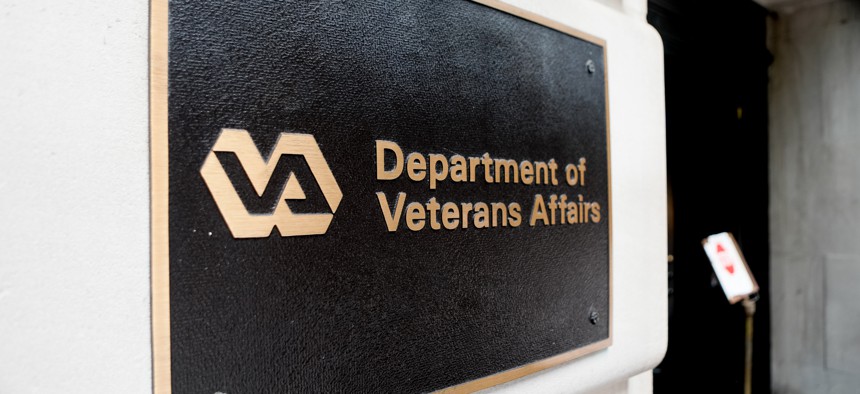Veterans Affairs unveils second draft for $60B IT vehicle

Gettyimages.com/ P_Wei
In what is a running theme: companies have a mere week to comment on this latest draft solicitation for the Transformation Twenty-One Total Technology Next Generation recompete.
As it promised, the Veterans Affairs Department has released a second draft solicitation for the $60 billion IT services and solutions contract vehicle known as T4NG2.
Also as many in industry expected, the VA has given companies precious little time to digest and respond to the draft.
Comments are due by 1 p.m. Eastern time Feb. 21 for the multiple-award vehicle called Transformation Twenty-One Total Technology Next Generation 2, the recompete of T4NG.
That short timeframe for responses has drawn complaints from industry, including a letter from the Professional Service Council to the VA urging that the department slow the process down and add more time. The VA has not done so.
Along with the second draft, the VA also released a Q&A from the industry comments on the first draft.
Several in that seven-page document address how the self-scoring portion of the evaluation will work, plus what gets counted as experience and from whom.
One commenter claimed the self-scoring worksheet favored joint ventures with a large business partner over independent service-disabled, veteran-owned small businesses. The VA said it made some changes to address those concerns.
The VA added language for joint venture bidders. All of those bidders must submit at least four examples of a relevant project. For joint ventures, at least one example must be from the small business protégé or be a project performed by the JV.
That won't fully satisfy the commenter, who suggested the VA require two of the examples come from the small business and limit the large business partner to just two examples.
The self-scoring requirement is becoming a gate mechanism to eliminate bidders before the agency conducts its full evaluation. They can create controversy. (See our recent coverage of the CIO-SP4 competition.)
But as we saw in the first T4NG2 draft, the VA is clear on where the threshold is.
The top 30 of the self-scores will move on, after which the VA will conduct an acceptability review to verify the claimed number of points. The VA has said it will not conduct discussions but “minor discrepancies within in the submission will be treated as clarifications,” according to the draft.
If the VA source selection authority cannot validate a claim, those points are dropped. If a bidder’s score is no longer a top 30, they will be dropped from the competition. The next-highest score will move up.
Once the top 30 survive that validation process, the VA will then verify that the pricing proposed is “fair and reasonable.” At this phase as well, companies can be eliminated and the next firm will move up.
The draft also states that if there is a “single point difference, or even a hundredth of appoint difference, between Offeror 30 and Offeror 31, only the Offeror in the 30th position will receive an award.”
The VA apparently isn’t afraid of decisions on the tight ones, but there is a mechanism for ties.
If five offerors are tied at the 30th spot, they all get awards. But if six or more are tied, none of them will get an award and the VA will only select the top 29.
With comments due Feb. 21, it appears the VA remains on track to release the final request for proposals on Feb. 28 with a due date of March 30.
